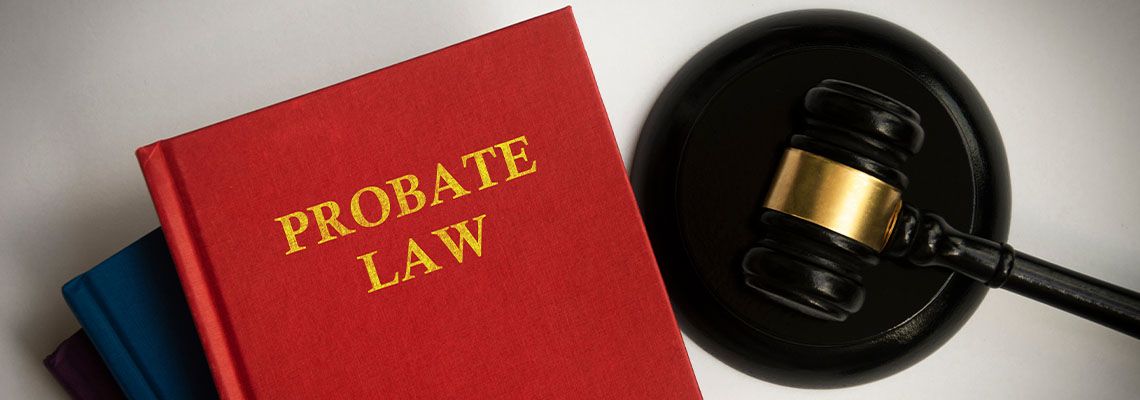
How Can Estate Planning Protect Assets for Non-Traditional Families?
Families don’t all look the same, and that reality should receive recognition and respect. Many people build meaningful lives with blended families, unmarried partners, LGBTQ+ relationships, chosen family members, or multi-generational households.
Read More
What Are the Benefits of a Revocable Trust in Estate Planning?
Thinking about what happens to your property, finances, and loved ones after you’re gone can stir up a lot of emotions. Many people put off estate planning because it feels uncomfortable or overwhelming, especially when family dynamics, long-term care concerns, or financial responsibilities are involved.
Read More
Estate Planning Strategies for Non-Traditional Families
If you’re part of a blended family, an unmarried partnership, an LGBTQ+ household, or a circle of loved ones who function as family without formal ties, you may worry about what happens if something unexpected occurs. It's unsettling to think the law might overlook the relationships you value most.
Read More
How Can Trusts Be Structured to Minimize Tax Liabilities?
You’ve worked hard for what you have, and it’s natural to want more of it to benefit the people and causes you care about rather than being reduced by avoidable taxes. Many people worry they’ll make a misstep or miss an opportunity simply because the rules are intimidating. Those concerns are valid.
Read More
How Should Small Business Owners Plan for Succession to Protect Their Legacy?
Passing a company to the next generation isn’t just paperwork, it’s a long-range business strategy. In Kansas, Heartland Estate Law helps owners translate values, relationships, and processes into a plan that protects what they’ve built.
Read More
Critical Steps for Small Business Succession Planning
Passing a company to the next generation isn’t just paperwork; it’s a long-range business strategy. Succession planning works best when operations, ownership, and personal goals move together. That alignment turns good intentions into repeatable routines, clarifies who decides what, and sets fair terms for transferring shares.
Read More
Key Considerations for Effective Trust Administration
Trustees in Kansas have a fiduciary duty—a legal obligation to act in good faith, with loyalty and impartiality. These duties are at the heart of trust law and form the foundation of proper trust administration. Trustees must manage the trust property solely for the benefit of the beneficiaries and must avoid conflicts of interest.
Read More
Why Might Non-Traditional Families Face Unique Estate Planning Challenges?
Kansas law recognizes certain rights and protections automatically for spouses and children born within marriage. Without a valid marriage or adoption, partners and stepchildren typically don’t inherit property automatically, no matter how long or deeply connected the relationship may be.
Read More
How Does Probate Court Handle Complex Asset Distributions?
When estates include business interests, multiple properties, or mixed asset types, the court still looks for orderly steps and clean records. Probate pulls together titles, beneficiary designations, debts, and taxes while attorneys balance timelines and communication. When those pieces align, distributions land where they should.
Read More
What Are the Common Pitfalls in the Probate Process and How to Avoid Them?
Probate can be straightforward when paperwork, timelines, and communication all line up; it turns stressful when deadlines slip or documents don’t match what banks and courts expect. Probate pulls in court rules, creditor timelines, taxes, and asset logistics that don’t pause for schedules or travel.
Read More
